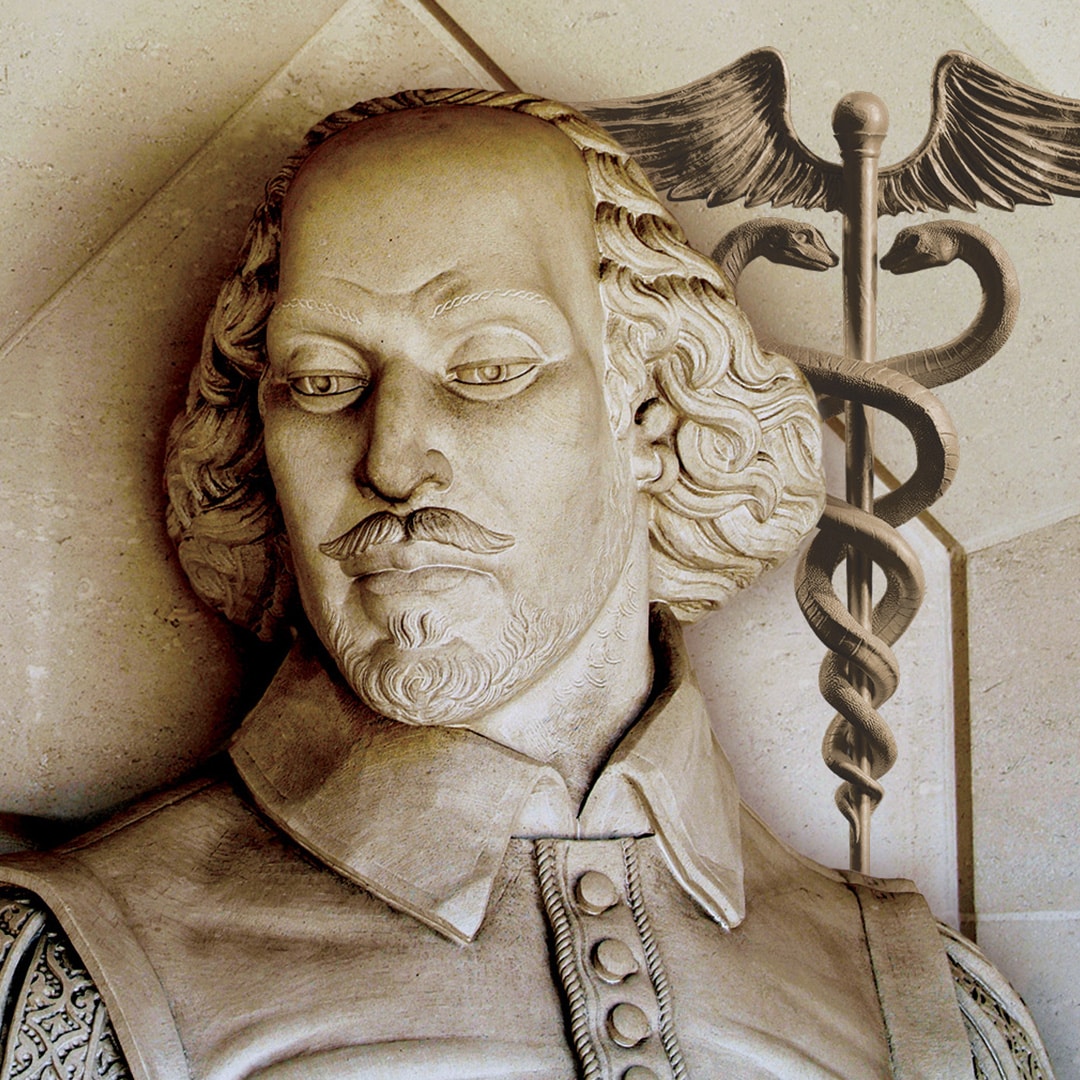Many carcinogens lethally live
In tobacco and the fumes that emit
From smoldering rolls of vegetative
Tinder that pollutes the air we admit
These molecules bind to our DNA
Cause mutations in genes and, no surprise
Cancer develops, with confusing delay
Eventually leading to lung’s demise
For decades we denied this, didn’t see
The obvious link, until Doll and Hill
With statistical eye, shed light so we
Could chose to smoke, or not, at will
Governments, both sides of the Atlantic
Took time to challenge industry’s antic
Backstory
Lung cancer was a rarity until the first years of the twentieth century, as was tobacco smoking. The mass production of cigarettes pre-world war I, and the massive encouragement of smoking in the military, increased this use of tobacco enormously. Nobody seemed to notice the abrupt and coincidental increase in lung cancer. By the end of the Second World War, both the UK and the USA were recording a very high incidence of the disease.
Limited studies were inconclusive and it was realized that much larger cohorts were needed for the studies, essentially forcing epidemiology into center stage in public health research. The most important study was carried out by Richard Doll, later Sir Richard Doll, sponsored by the UK’s Medical Research Council, along with the eminent statistician Sir Austin Bradford Hill. They used questionnaires to evaluate the smoking habits and health of men in London’s hospitals, including Guys Hospital, from which it was startlingly clear that smokers had a far higher risk of lung cancer than non-smokers. Their research was published in the British Medical Journal in 1950. During the same year, two American scientists, Ernst Wynder and Evarts Graham published essentially the same conclusions in the Journal of the American Medical Association. In both countries, the aggressive lobbies from tobacco interests and caution from government bodies meant that it was many years before these observations, and their confirmation by many other eminent scientists, had any effect on public attitudes and legislative practices. Most of the early researchers on lung cancer were smokers themselves when they started their work; most gave up smoking but several died from cancer.



